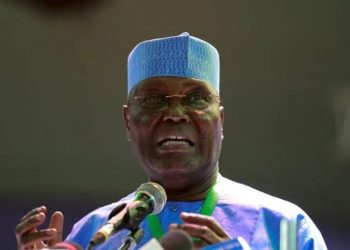Despite efforts to boost public support, Japan’s ruling coalition is projected to lose its parliamentary majority following Sunday’s general election, according to exit polls. A poll by public broadcaster NHK indicates that Prime Minister Shigeru Ishiba’s Liberal Democratic Party (LDP) and its junior coalition partner Komeito are expected to win between 174 and 254 of the 465 seats in Japan’s lower house of parliament. This result raises questions about the stability of the government in the world’s fourth-largest economy.
Snap Election Strategy Backfires
Prime Minister Ishiba called for a snap election shortly after being elected as head of the LDP last month, hoping to secure a public mandate for his premiership. His predecessor, Fumio Kishida, had resigned following a sharp decline in support due to a cost-of-living crisis and a scandal involving unrecorded donations to lawmakers. However, the ruling party now faces a backlash from the Japanese public, largely due to dissatisfaction over inflation and recent funding scandals.

Shinjiro Koizumi, the LDP’s election chief, acknowledged the public’s disapproval, stating to NHK, “I think these results are the outcome of an unsparing verdict on the LDP… including our inability to resolve the issue of political money.” This election marks a significant setback for the LDP, which has maintained an outright majority since it regained power in 2012, aside from a brief period out of power in 1993.
Rise of the Opposition and Potential Power-Sharing Deals
The main opposition, the Constitutional Democratic Party of Japan (CDPJ), is projected to gain between 128 and 191 seats, according to exit polls. Should these results hold, the outcome may force the LDP and other parties into power-sharing arrangements, possibly leading to political instability. This comes at a challenging time, as Japan grapples with economic pressures and an increasingly tense security environment in East Asia.
Timing and International Implications
The election occurs just days before voters in the United States, Japan’s closest ally, head to the polls in another closely watched election. The outcome of Japan’s general election could have implications for the U.S.-Japan alliance and the broader security dynamics in the Asia-Pacific region.

















